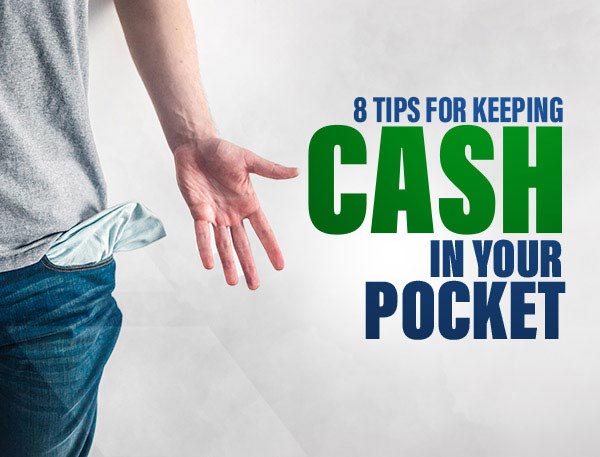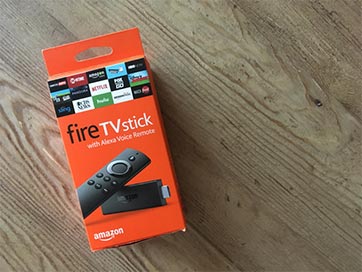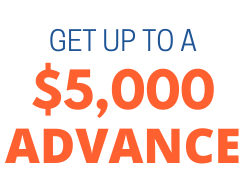
Borrowing from Peter to pay Paul? Looking in your jeans pocket for loose change? We’re here to tell ya that all that’s for the birds. But scrambling for money doesn’t have to be a way of life. If you’ve been awarded a structured settlement, an annuity, or lottery winnings, it’s a good move to sell your payments for a large lump sum. But all is not lost if you don’t have a payment stream in place (other than your paycheck). We’ve put together a quick rundown of ways you can keep more money in your pocket. And please note, these are things you can do right now.
1) Sell Your Structured Settlement, Annuity, or Lottery Payments
Have slow-moving structured settlement or annuity payments coming in? Maybe, these payments haven’t even started yet! Not to fear. You can sell your current or future payments for a large lump sum of cash. Why not stay ahead of the game with a nice bundle of moola at your disposal? If you’re ready to sell your payments, contact us for a quote. RSL Funding has an A+ rating with the BBB. Plus, we guarantee the most cash for your payments*.
2) Ditch Your Cable Box
 Who needs cable anymore when you can buy a Firestick or Chromecast? Cable was once THE thing to have. But these days, people are moving away from cable which can cost you $500 a year or more. Put that money back in your pocket and invest in a cheap alternative streaming device. Most include all of your favorite shows, but without the super steep price tag.
Who needs cable anymore when you can buy a Firestick or Chromecast? Cable was once THE thing to have. But these days, people are moving away from cable which can cost you $500 a year or more. Put that money back in your pocket and invest in a cheap alternative streaming device. Most include all of your favorite shows, but without the super steep price tag.
3) Enjoy Audiobooks for Free
Audiobooks are all the rage for nerds and non-nerds alike (who wouldn’t like a good suspense novel on a long drive?). But a subscription to platforms like Audible can run about $15/month. Even if you’re not on a subscription, book prices can run the gamut, ranging anywhere from $5 – $40. Do your wallet a favor and check out a more equitable option – your local library’s audiobook app. Most library apps offer audiobooks for free. The only downside to this is if you have a book in mind that you’d like to read, you may have to wait a bit until someone returns it (digitally) before you can listen. The Overdrive app is a good way to begin reading…er, listening.
4) Cancel the Unnecessary “Extras”
Paid subscriptions to audiobook apps aren’t the thing you can cut loose. We suggest taking an inventory of all of the apps and other types of subscriptions under your belt – find free alternatives for them or if it comes down to it, live without them all together. Take your music apps for example. Are you paying into a monthly subscription, or are you subscribed to a service where you can browse new music free of charge (like a radio app)? Maybe there’s an old dating app which you’re still paying for, but you’ve already found the love of your life. Just maybe, there’s an old-school glossy magazine subscription you’ve paid for sitting in your bathroom right now, waiting for you to sift through its pages. But…could you get the same content online for free? The list of possible apps and subscriptions you might be paying for is vast. So take the time now to start slashing unnecessary extras. You’ll be surprised how much you’ve been spending, and how much you’ll be saving from here on out.
5) Buy in Bulk
If you love Diet Coke and are buying a 12 oz. bottle of it every day, you’re essentially throwing your money out of the window! Think about it – depending on where you go, you’re paying anywhere from $1 to $1.85 per bottle. At the highest price point, that can add up to $621.60/year. Ouch! Truth is, there’s a host of products out there that sell for a better value when they’re purchased in bulk. Stores like Costco and Sam’s Club could be your ticket to saving money in the long run. The key takeaway: think about all of the items you buy regularly and start buying them by the caseload.
By the way, as it stands right now, a 12-unit case of Diet Coke is about $5.79. That equals out to 48 cents per bottle!

6) Curb Impulse Buying
Candy, tabloids, Diet Coke (see #5)…these are all placed neatly and strategically at the checkout counter at most supermarkets and big box stores. And it’s because they sell like hotcakes! These “impulse items” are the store’s last-ditch effort to squeeze more money out of you. Lighters, keychains, chewing gum – they’re all meant to trick you into believing that you actually need them. Do you really need gum or a pack of M&M’s even though you’ve told yourself you’ll curb your sugar intake? What about lip gloss and lighters? Chances are, you probably don’t need any of it. So next time you’re at the store, keep face-front and try not to fall into the trap. Psst…this also applies to online shopping. It’s ok to browse but show your willpower and refrain from buying what you don’t need. Better yet, remove credit card numbers from online accounts… like right now! This way, with each new purchase, you’ll have to consciously plug in those numbers and question whether the purchase is really necessary.
7) Turn Off the Lights, A/C, and Water
This one’s an oldie, but goodie when it comes to saving a few (or a few hundred) bucks. Aside from using energy-efficient appliances, you can actively lower your bills by adopting good habits. Turn off the lights when you leave a room. Switch off the A/C when it’s cool outside. Turn off the water when you’re brushing your teeth. Take cooler showers rather than scolding-hot ones. They’re small to-dos, but when you see your money stacking up, you’ll know you’re doing the right thing.
8) Get Your Hair Done on the Cheap
You may have found YOUR hairstylist – the one who cuts, styles, prims and preens your hair just right. But if you’re spending $50, $80, $100 or more on a new ‘do, then you should consider going to someone else. Most beauty schools offer low-cost or free haircuts, as well as other beauty services. If you can find an alternative, why not go the cheaper route?
No matter how you make your money stretch, it’s important to keep in mind one singular goal: to accumulate as much financial padding as possible. That means putting some money away for a rainy day and being smarter about your purchases. Expensive makeup, car accessories, jewelry, and even junk food could take a backseat while you build up your cash reserves.
Bottom line, it’s a great feeling to see all that money add up. And if you’ve been awarded a structured settlement, selling your regular payments for a lump sum will get you on the right foot.
1k_guarantee





